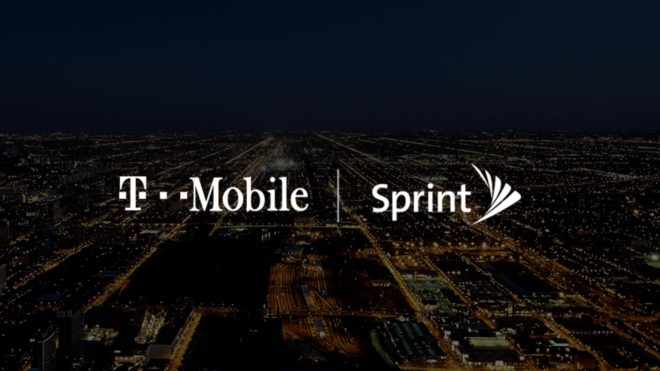
Last year the FCC announced that Sprint had claimed subsidies for Lifeline subscribers who weren’t using the program. Now T-Mobile has agreed to pay a settlement for this issue related to its merger partner.
T-Mobile will pay a $200 million penalty as part of a settlement following the FCC’s investigation into Sprint and its use of the Lifeline program. This is the largest settlement that the FCC has ever gotten when resolving an investigation.
In addition to that $200 million penalty, T-Mobile must implement a compliance plan to ensure that it follows Lifelife rules in the future. This includes rolling out internal policies and a training program so that only legitimate Lifeline claims are made. T-Mo must also submit regular reports to the FCC showing that it’s following the compliance plan and Lifeline rules.
The Lifeline program is meant to make phone service more affordable for low-income consumers, and providers taking part in it receive a $9.25 monthly subsidy for each subscriber that’s then passed on to the consumer and typically makes service free for them.
The FCC found that Sprint was claiming monthly subsidies for 885,000 Lifeline subscribers that were not actually using the service. When the FCC announced that Sprint had claimed Lifeline subsidies for subscribers who weren’t using the service, Sprint said that it made an “error” when collecting the subsidies and that it was committed to reimbursing the government.
Fast-forward to today and T-Mobile is covering the penalty for Sprint’s violation of the Lifeline rules now that Sprint is officially part of T-Mo. Because it’s now paying $200 million to resolve the issue, you can bet that T-Mobile is going to be vigilant about claiming the correct Lifeline subsidies in the future.
When asked for comment on this settlement, T-Mobile gave TmoNews the following statement:
“While we inherited this issue with our merger, we are glad that it is now resolved. We look forward to continuing to deliver reliable and affordable network connectivity to consumers across the country who depend on it.”
Source: FCC
